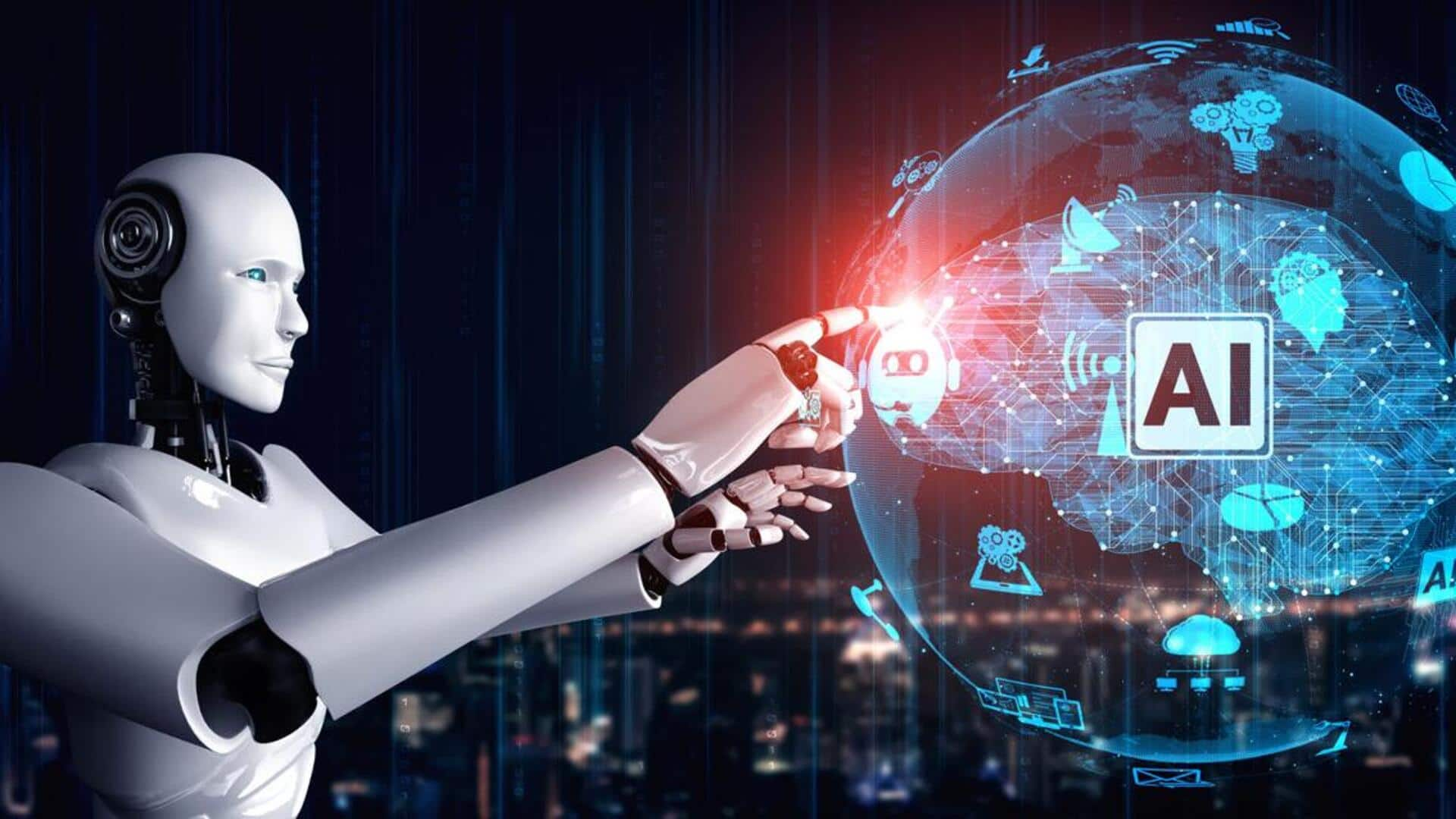
AI increases employment opportunities but reduces wages: ECB study
What's the story
The European Central Bank (ECB) on Tuesday published research indicating that the rise of artificial intelligence (AI) in Europe has so far led to increased employment, especially for young and highly-skilled workers. This is contrary to the general fear that AI will take up human jobs. However, the study also discovered "neutral to slightly negative impacts" on earnings, with the possibility of this trend worsening in the future.
Details
Highly-skilled positions saw significant growth
In a study of 16 European countries, the ECB's Research Bulletin found that sectors exposed to AI experienced an increase in employment share. Low and medium-skill jobs remained mostly unchanged, while highly-skilled positions saw the most significant growth. This differs from past "technology waves," where computerization caused a decline in the relative share of employment for medium-skilled workers, leading to "polarization."
What Next?
Employment share increases in AI exposed sectors
Although AI's current influence on employment and wages seems positive, the ECB's paper cautions that "most of their impact on employment and wages—and therefore on growth and equality—has yet to be seen." As AI-enabled technologies continue to evolve and be adopted, economists are working to comprehend their effects on the labor market. Despite the softening job market brought on by the recessionary environment, employers are encountering difficulties in securing qualified workers.